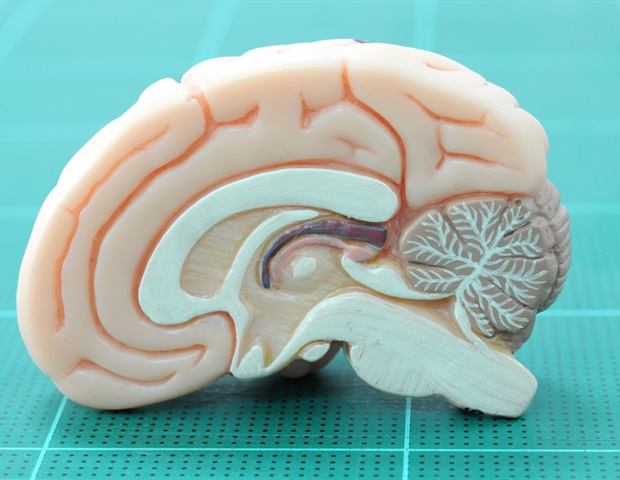
We'll pay more for unhealthy foods when we crave them, new neuroscience research finds. The study also shows that we're willing to pay disproportionately more for higher portion sizes of craved food items.
The research, which appears in the journal Proceedings of the National Academy of Sciences (PNAS), identifies an obstacle to healthy living.
"Our results indicate that even if people strive to eat healthier, craving could overshadow the importance of health by boosting the value of tempting, unhealthy foods relative to healthier options," explains Anna Konova, a postdoctoral researcher in NYU's Center for Neural Science and the paper's lead author. "Craving, which is pervasive in daily life, may nudge our choices in very specific ways that help us acquire those things that made us feel good in the past-;even if those things may not be consistent with our current health goals."
The study's other co-authors were Kenway Louie, an NYU research assistant professor, and Paul Glimcher, an NYU professor and director of NYU's Institute for the Interdisciplinary Study of Decision Making.
There is growing interest across several sectors-;marketing, psychology, economics, and medicine-;in understanding how our psychological states and physiological needs affect our behavior as consumers. Of particular concern is craving, which has long been recognized as a state of mind that contributes to addiction and, in recent years, to eating disorders and obesity.
Yet, the researchers note, little is known about the nature of craving and its impact on our choices and behavior.
In their PNAS study, the scientists conducted a series of experiments that asked subjects to indicate how much they'd pay for certain snack foods after they developed a craving for one of them-;significant differences in a desire for a specific food item (e.g., a Snickers or granola bar) before and after exposure to the item constituted cravings.
The results showed that people were willing to pay more for the same exact snack food item if they were just exposed to it and asked to recall specific memories of consumption of this item, relative to before this exposure. Notably, this occurred even if the study's subjects were hungry before and after the exposure, suggesting that craving and hunger are partly distinct experiences.
"In other words, craving Snickers does not make you hungrier; it makes you desire Snickers specifically," explains Louie, who adds that there was also a spillover effect as it applied, to some degree, to similar food items that subjects were never exposed to (e.g., other chocolate, nut, and caramel candy bars).
Moreover, the researchers found stronger effects-;bigger changes in the willingness to pay for an item the subjects craved-;when the items were higher-calorie, higher-fat/sugar content foods, such as a chocolate bar or cheese puffs, relative to healthier options (e.g., a granola bar).
Finally, the experiments revealed a connection among craving, portion, and price. That is, people were willing to pay disproportionately more for higher portion sizes of the craved items.
"It appears that craving boosts or multiplies the economic value of the craved food," says Konova.
https://www.news-medical.net/news/20180402/Craving-could-overshadow-importance-of-healthy-food-choices-study-shows.aspxBagikan Berita Ini














0 Response to "Craving could overshadow importance of healthy food choices, study shows"
Post a Comment